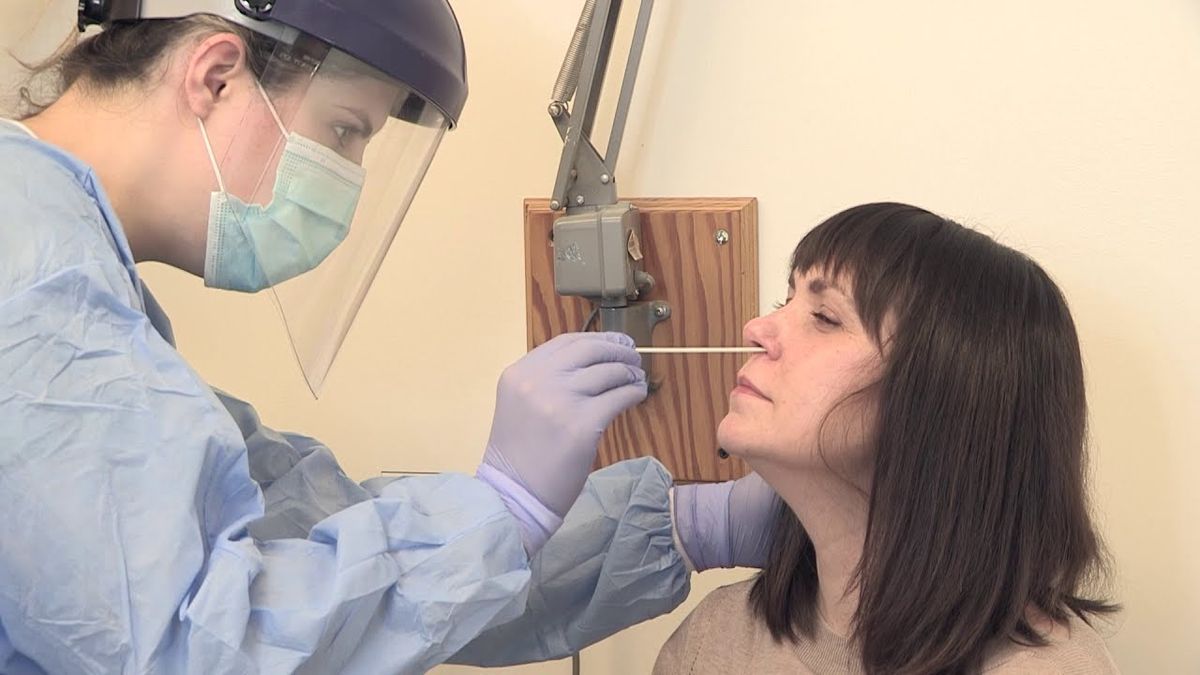
H3N2 Flu Testing in Delhi: What You Need to Know
The recent surge in H3N2 flu cases in Delhi and the NCR has raised significant concerns, with nearly 69% of households reporting at least one member experiencing flu-like symptoms this month. This subtype of the influenza A virus is particularly concerning during seasonal changes, leading to increased vulnerability among the population.
Common symptoms of H3N2 include fever, cough, sore throat, body aches, fatigue, and nasal congestion. These symptoms can typically last between 5 to 7 days, although some individuals may experience lingering cough and fatigue for up to two weeks. Due to the similarity of these symptoms to seasonal flu, timely testing becomes crucial for accurate diagnosis.
Testing for H3N2 is primarily conducted using the RT-PCR method, which is known for its accuracy in detecting viral RNA from throat or nasal swabs. Results from these tests are usually available within 15-30 minutes, although they may be less sensitive than other rapid tests. It’s important to note that while both RT-PCR and rapid tests utilize similar technology, they target different viruses; RT-PCR for H3N2 and rapid tests for COVID-19.
In Delhi, several government hospitals, such as AIIMS and Lok Nayak Jai Prakash Narayan Hospital (LNJP), provide influenza testing at subsidized rates. Additionally, various accredited private diagnostic centers, including SRL Diagnostics, Apollo Diagnostics, and others, offer H3N2 testing services, with many providing home sample collection options for convenience.
Individuals with pre-existing health conditions, the elderly, and young children are at higher risk of complications from H3N2, making early testing essential. Healthy adults with mild symptoms can often manage their condition at home without immediate testing unless their symptoms worsen.
H3N2 flu poses a greater risk of hospitalizations compared to typical flu strains due to its frequent mutations. This unpredictability necessitates ongoing monitoring to prevent large outbreaks. As the flu season progresses, awareness and prompt action can help mitigate its impact on public health.
Always remember that the tips and suggestions discussed are for general information purposes. It's advisable to consult healthcare professionals for personalized medical advice.










